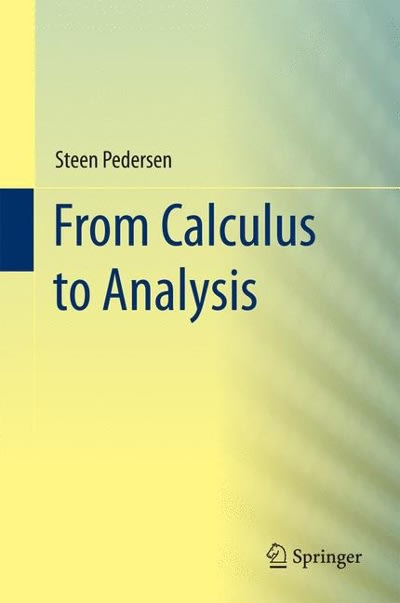Question
The data in spi.txt are motivated by a decade old ISU study on the possibility that eating soy protein isolate (SPI) can reduce bone loss
- The data in spi.txt are motivated by a decade old ISU study on the possibility that eating soy protein isolate (SPI) can reduce bone loss in older women. SPI has two components that may influence bone loss: a particular group of chemicals called isoflavones and the soy proteins. (I'm simplifying a lot of details here, so my apologies to soy experts). Previous studies suggested there was an effect of SPI, but the contributions of protein and isoflavones were not clear. In this study, the investigators compared 3 diets: a control with no soy (control), a diet with soy proteins and isoflavones (spi+) & a diet with soy proteins but no isoflavones (spi-). These diets were randomly assigned to perimenopausal women. The bone mineral content (BMC) was measured on each woman (BMC0), they ate their assigned diet for 24 weeks, then the BMC was measured again (BMC24). A total of 32 women completed the study, 10 on the control diet, 12 on the spi+ diet, and 10 on the spi- diet. The data file includes subject id, BMC0, BMC24, and diet.
a)[5 points] The investigators decide to use ANCOVA to compare treatment means after adjusting for baseline BMC values, without any interaction between the treatments and the baseline BMC. Produce the ANOVA table of effects tests.
b)[5 points] Is there evidence of any difference among treatments when treatments are compared at the same baseline value (remember ceteris paribus)? Report an appropriate test statistic and p-value.
c)[5 points] Using the ANCOVA model, find 95% familywise confidence intervals for the mean BMC24 for each treatment for women who had an initial BMC0 of 60.
d)[5 points] Show estimates and SE's of each of the following contrasts:
i.Effect (on BMC24) of adding soy protein without isoflavones to the diet (i.e. comparing spi- to the control diet).
ii.The additional effect of adding isoflavones to a soy protein diet. In other words, if you were consuming a soy diet without isoflavones, what additional effect would you expect if you added isoflavones to your diet?
e)[5 points] The treatments in this study could be viewed as a two factorial: 2 levels of soy protein (none, some) x 2 levels of isoflavone (none, some). Is it possible to estimate the interaction between protein and isoflavone in this study? Explain why or why not. [This is a conceptual question, not quantitative]
f)[5 points] After examining the results from the ANCOVA, the investigators ask their statistician to analyze the differences, i.e. use BMC24 - BMC0 as the response variable. They find that their results (e.g. estimates of treatment effects) are similar to those from the ANCOVA. Is this a surprise for these data? (It certainly does not always happen). Explain why, for these data, you would (or would not) expect ANCOVA to be similar to an analysis of post-pre differences. [Hint: test if the coefficient of BMC0 in the ANCOVA analysis is equal to 1].
spi
https://docs.google.com/spreadsheets/d/1yu0Z3dOcLOHmUWVbClyRrkwtlb2MfLajOVSTcQ_uLVU/edit?usp=sharing
Step by Step Solution
There are 3 Steps involved in it
Step: 1

Get Instant Access to Expert-Tailored Solutions
See step-by-step solutions with expert insights and AI powered tools for academic success
Step: 2

Step: 3

Ace Your Homework with AI
Get the answers you need in no time with our AI-driven, step-by-step assistance
Get Started


